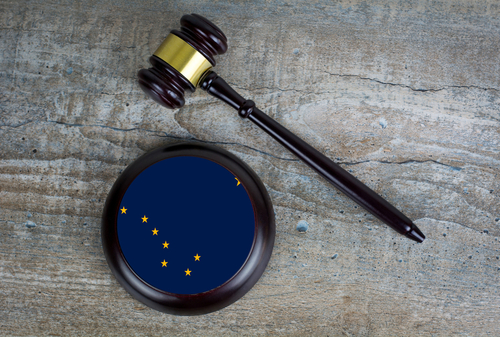Lawyer and startup resort to mass filings to fight company bans on class arbitration

Image from Shutterstock.com.
A startup called FairShake and a lawyer from Chicago are challenging corporate bans on classwide arbitration by filing a deluge of arbitration claims against companies.
Hit with a mass of claims, some companies are trying to thwart the arbitration process that they demanded from customers and workers, the New York Times reports.
Companies had figured that consumers and workers couldn’t pay the costs of mounting complex cases in individual arbitrations. Now “some of the mass arbitration strategies may be changing that calculus,” according to the New York Times article.
FairShake was created by Teel Lidow, a Silicon Valley entrepreneur with a law degree, according to the Times. FairShake uses an automated system to get the arbitration started, and receives part of any payout for its services.
FairShake used targeted Google ads in the spring of 2018 to find consumers who wanted to file arbitration claims against cable and internet companies. Soon, FairShake had enough consumers to file 1,000 arbitration claims against companies like AT&T and Comcast.
Many of the claims took six months to move through arbitration. Others are still pending. The average settlement is $700.
An AT&T spokesperson told the New York Times that FairShake’s “system is unnecessary because our process is so easy to follow and efficient for consumers.”
The lawyer pursuing a large number of claims is Travis Lenkner, a former Boeing lawyer who clerked for Justice Anthony M. Kennedy, according to the New York Times article. The first wave of cases by his firm Keller Lenkner. focused on gig workers, including those who work for the food delivery company DoorDash.
DoorDash had required its “dashers” to use the American Arbitration Association for any claims and promised to pay fees to start the arbitration process. But DoorDash was facing 6,000 claims and a bill for more than $9 million.
DoorDash tried to switch to a different arbitration company that promised to allow it to arbitrate “test cases” without paying all the fees at once. DoorDash told the dashers they would have to agree to the switch if they wanted to continue with the company.
U.S. District Judge William Alsup of San Francisco banned the switch in February. The New York Times reported his comments at a hearing last year.
“Your law firm and all the defense law firms have tried for 30 years to keep plaintiffs out of court,” Alsup told DoorDash lawyers from Gibson Dunn. “And so finally someone says, ‘OK, we’ll take you to arbitration,’ and suddenly it’s not in your interest anymore. Now you’re wiggling around, trying to find some way to squirm out of your agreement.”
“There is a lot of poetic justice here,” Alsup said.



